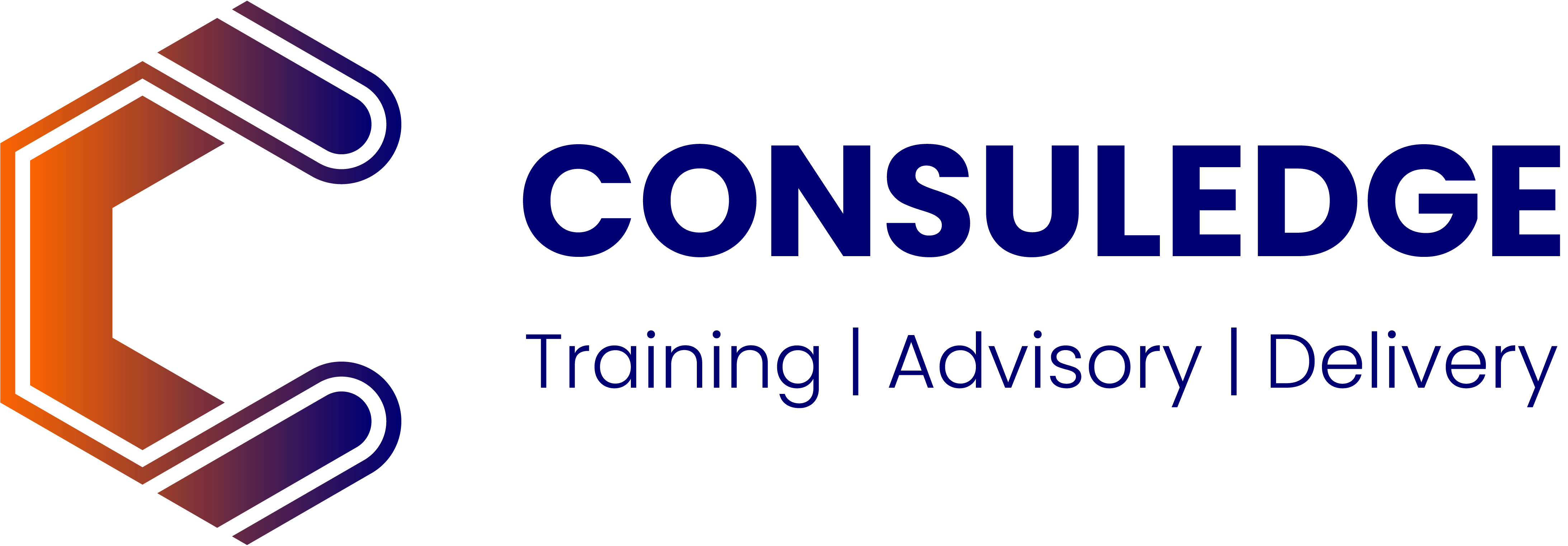This article examines the Frame Problem in AI, highlighting its struggle to prioritise relevant factors in decision-making, leading to inefficiencies, bias, and privacy risks. By addressing these challenges, Australians can harness AI’s potential while ensuring fairness and ethical outcomes.
This article highlights the dangers of algorithmic bias in a “weighted scale society,” where AI systems reinforce stereotypes and inequality under the guise of impartiality. By raising awareness and demanding accountability, Australians can advocate for ethical AI that promotes fairness and inclusivity.
This blog explores the hidden costs of neglecting mutual collaboration in mergers and acquisitions (M&A), using Stockland’s 2022 partnership with Halcyon as an example. It emphasises that successful M&A requires prioritising people, workplace culture, and shared growth rather than focusing solely on financial gains or one-sided benefits.
This article explores the critical role of bottlenecks in business efficiency, emphasising the importance of holistic strategies over isolated improvements. Using insights from an NBN case study, it provides actionable steps to overcome operational constraints and achieve sustainable success.
The Polished Mirror stands tall: dazzling in its perfection and drawing everyone into its hypnotic reflection. It shows only what it wants to be seen—a surface so smooth it leaves no room for questions. “Look no further,” it whispers, as if brilliance begins and ends with what is reflected back.
From 2018 to 2024, I led process mapping workshops for major companies like Stockland, Investa , and NBN. These workshops didn’t just enhance operational efficiency: they revealed a deeper reality about how businesses truly function—most knowledge sits like an iceberg, vast and silent beneath the surface.
Ineffective training programs waste time and resources by failing to meet learners’ diverse needs, leading to disengagement and poor outcomes. This blog explores the importance of inclusive, adaptive teaching methods that foster engagement, improve learning experiences, and drive real transformation.
The pursuit of “zero defects” often creates unrealistic expectations, stifles innovation, and adds pressure to teams. This blog explores how businesses can shift from perfectionism to continuous improvement, fostering creativity, engagement, and long-term success.
Over-reliance on consultants often results in generic, surface-level solutions that overlook the rich potential within your own team. This blog highlights the benefits of empowering internal talent, fostering a culture of innovation, and driving sustainable transformation from within.
The Flawed Lens oversimplifies workplace challenges by blaming individuals rather than addressing systemic issues, leading to misplaced blame, lost potential, and stagnation. This blog explores how organisations can break free from this distorted view and foster a culture of collaboration, adaptability, and true innovation.











